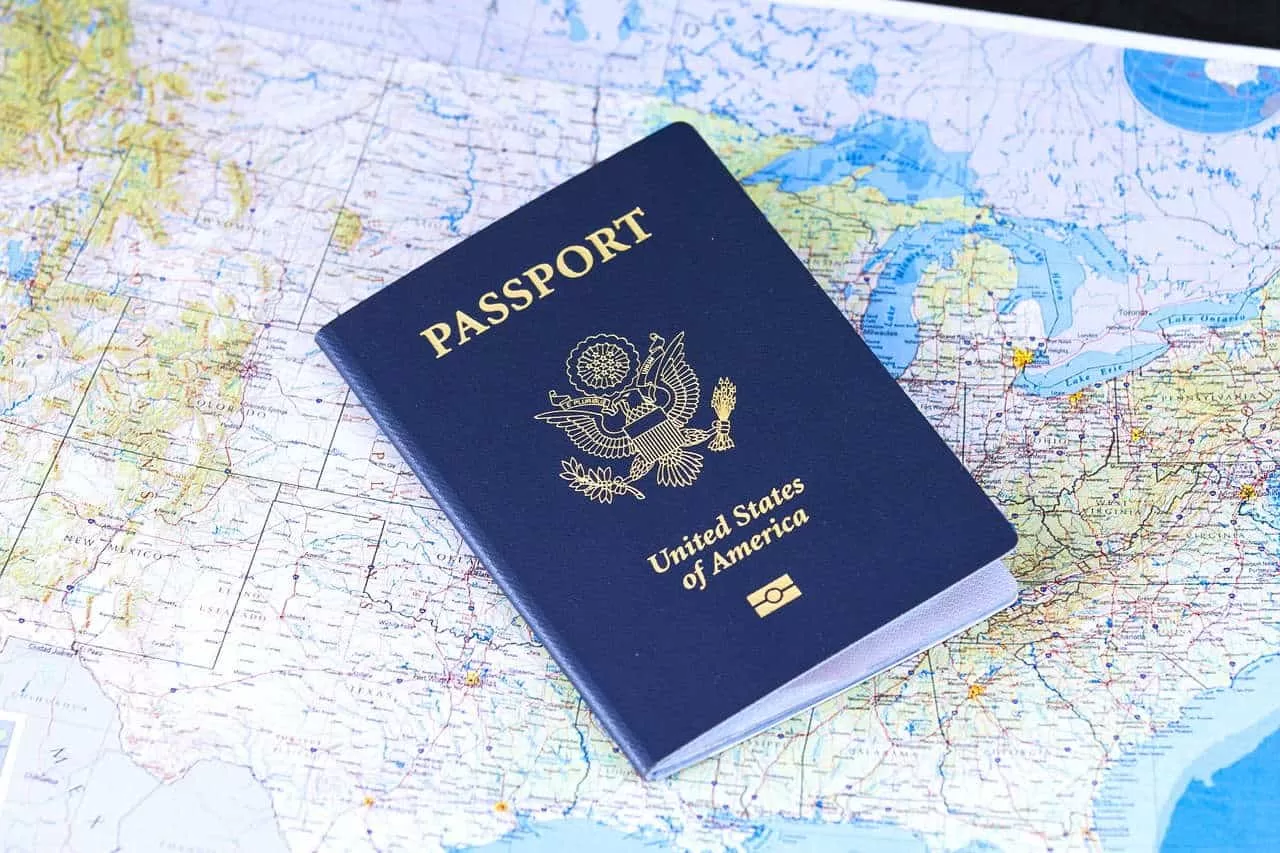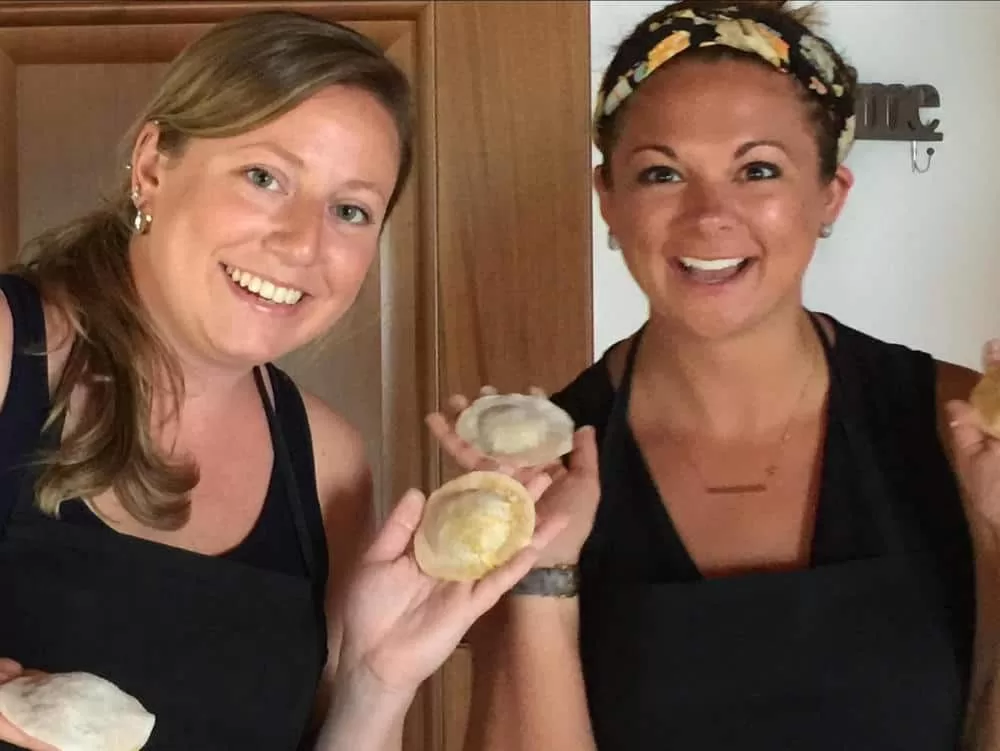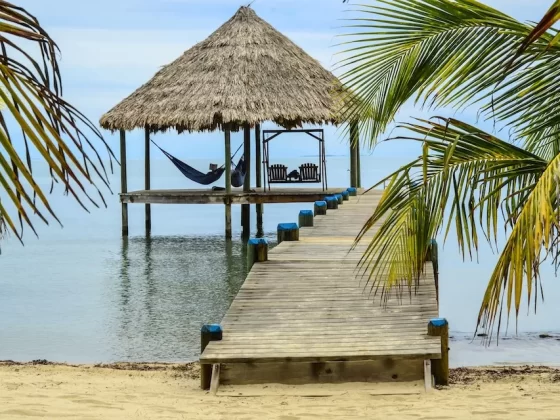Residency Options in Chile
Residency in Chile is achieved in much the same way that residency is achieved in many other Latin American countries, with the same types of regulations regarding pensions, capital, etc. However, the price and straightforwardness of the process will depend heavily on which country you’re coming from. Based on your country of origin, you may be asked for additional documents. Either way, it’s always good to visit a country before deciding to move there, so you’ll likely start with a visitor’s visa.
Visitor’s Visa
Any hopeful expats visiting Chile before their move will have the option of obtaining a visitor’s visa. This would be helpful if you’re making trips over to Chile to gather information and get things in order. You’ll have to turn in an application (using original documents, if possible) and provide the following:
- Proof of booked two-way flight showing you’re flying back out of Chile after your visit
- Valid passport and photocopy of passport
- Proof of your last three months’ pay
- Proof of hotel reservation or an invitation from a company
- Four passport-style photographs with your full name on the back
This visa will take four weeks to be approved. After which time, you’ll have to pick it up in person at the consulate.
Short-Term Visas
These are for those looking to intern, study, or do volunteer work. They also apply to expats transferred for short-term assignments. The short-term visa is valid for one year, and could also take up to four weeks to receive after applying. Here is what you’ll need to provide when applying for the short-term visa form of residency in Chile:
- Your completed application form
- Valid passport and photocopy of passport
- A police clearance certificate from within the last three months
- Documentation supporting your reason for the visa
- Copy of international certification of vaccination and certificate of health
- Proof of sufficient income in the time you’ll be staying in Chile
- Four passport-style photographs with your full name on the back
Retirement & Income Visa
This visa functions much the same as the regular, short-term visa. The proof of sufficient income should cover the time from which you first apply for the visa, all the way until your year is up and it’s time to transfer into permanent residency in Chile. Types of income accepted include social security, pension, a large savings account, a stock portfolio, or owned property in Chile.
In contrast to some of the other Latin American countries, Chile will not openly tell you what the actual number would have to be for your earnings to be sufficient. It will depend, however, on where you choose to live. As with anywhere, some cities are more expensive than others. In some of the more rural parts of Chile, it’s likely that only $400 USD per month, and per dependent, would suffice. In the bigger, more popular cities like Santiago, you’re more likely to need $1,000 per month (and per each dependent) in order for your application to go through.
Aside from this, the documentation needed is no different than that needed for the short-term visa above:
- Your completed application form
- Valid passport and photocopy of passport
- A police clearance certificate from within the last three months
- Documentation supporting your reason for the visa
- Copy of international certification of vaccination and certificate of health
- Proof of sufficient income in the time you’ll be staying in Chile
- Four passport-style photographs with your full name on the back
Work Visas
If you are expecting to work while residing in Chile, you’ll have to apply for a work visa rather than a short-term visa. This applies if you’re being transferred abroad by your employer, or if you prefer to live and work in Chile for longer than one year. This is the documentation needed for this visa:
- Application
- Valid passport and photocopy of passport
- Police clearance certificate from within the last three months
- Your work contract
- An official letter from your employer as proof of the work you’ll be doing
- A health certificate showing you’ve gotten your vaccinations
- Four passport-style photographs with your full name on the back
The letter from your employer must be notarized at the Chilean Department of Foreign Affairs, and you must visit the consulate to sign your work contract and have it notarized as well. Just remember that pre-signed work contracts aren’t accepted!
In Chile, you only need to be a short-term/temporary resident for one full year in order to gain permanent residency status. This is much shorter than some of the other Latin American countries, and so could prove to be very convenient. Once permanent residency in Chile is gained, you cannot leave the country for more than one year without losing your permanent residency.
With residency in Chile, you must be able to speak and understand the National Language, Spanish. The program we used is called ICanTeachYouALanguage. It’s brilliant and has helped all of us learn Spanish at a much faster rate. They often have specials on, so give them a shout today!
Conclusion
Here is probably the most extensive ebook on Everything You Ever Wanted To Know About Eliminating Your Taxes, Protecting Your Assets And Regaining Privacy Over Your Life And Investments. It is called The Ultimate Guide To Going Offshore. Visit our bookstore to purchase it today!
I hope you enjoyed reading this article: Residency Options in Chile. If you have any questions, please contact our office HERE.
I’ve included some great articles for you to read, enjoy!










